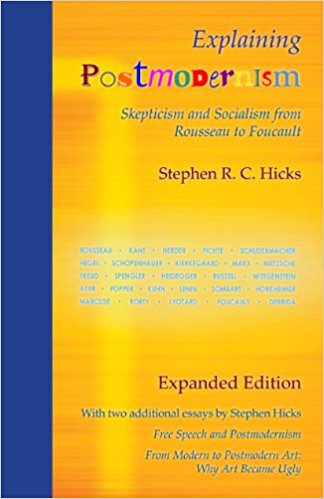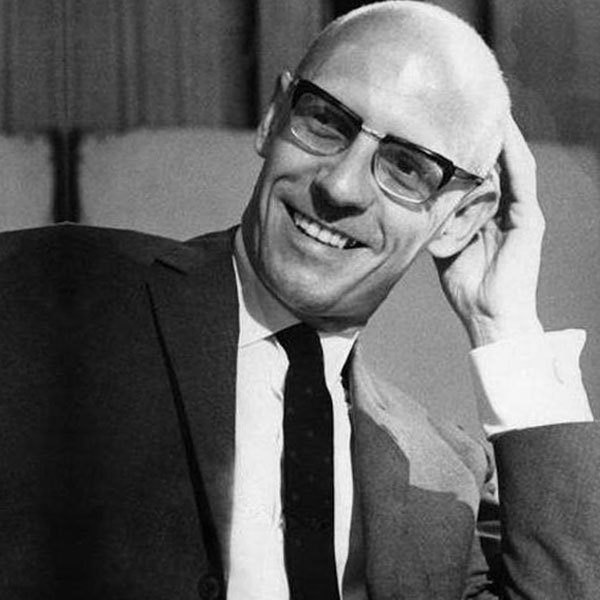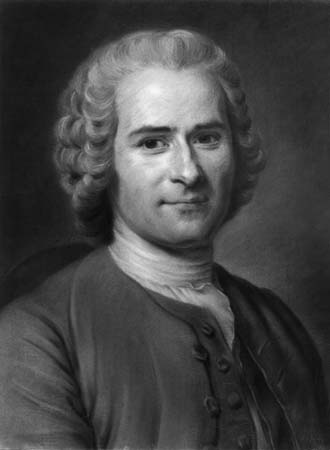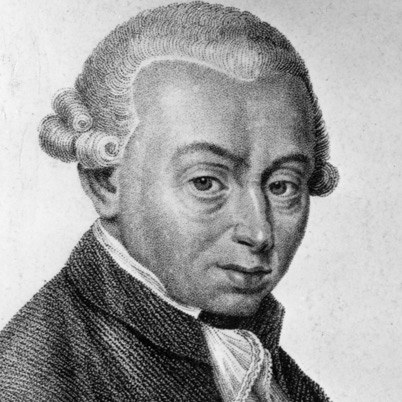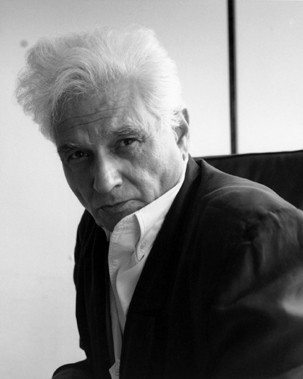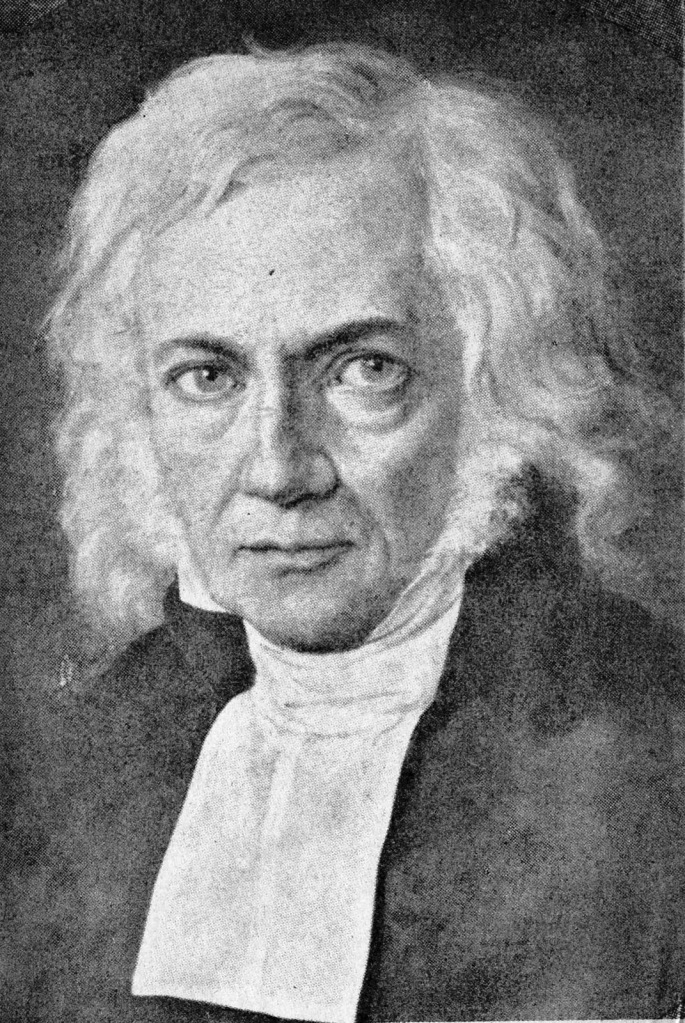The puzzling prominence of postmodernism [Explaining Postmodernism]
“Why is it that skeptical and relativistic arguments have the cultural power that they now do? Why do they have that power in the humanities but not in the sciences? Why have themes of exhaustion, nihilism, and cynicism come to have the cultural dominance they do? And how can those intellectual themes coexist with a […]
The puzzling prominence of postmodernism [Explaining Postmodernism] Read More »
